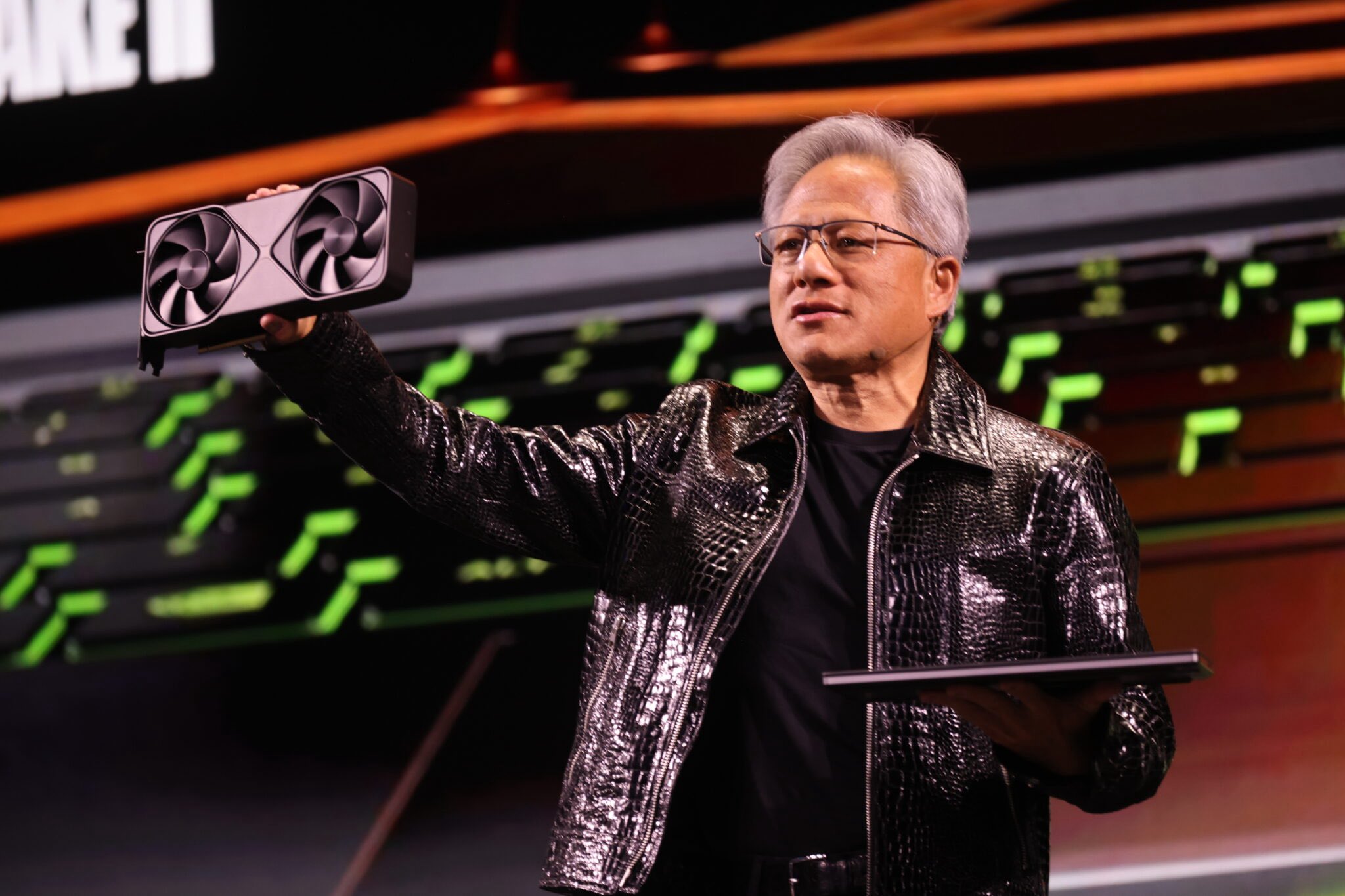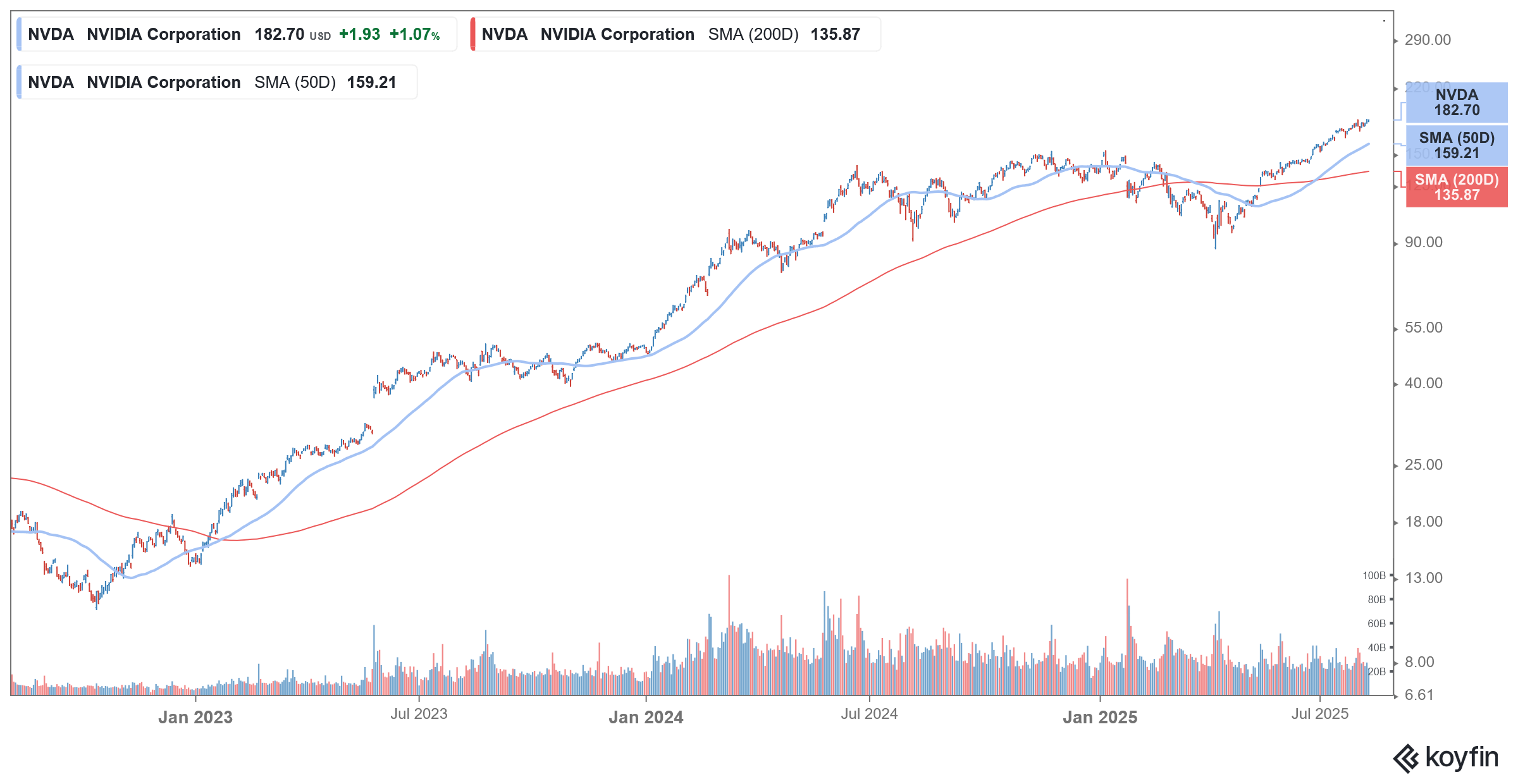
Chinese state media has noted that Nvidia’s H20 chips, which the country specifically designed for China, are not safe for the country. The observation comes at a time when Nvidia has received the license to resume exports of these artificial intelligence (AI) chips to the Communist country.
“When a type of chip is neither environmentally friendly, nor advanced, nor safe, as consumers, we certainly have the option not to buy it,” said an article posted by a social media account affiliated with China’s state media.
Chinese state media said Nvidia chips are not “safe”
Recently, China’s Cyberspace Administration said that it met with Nvidia executives in Beijing over potential national security risks posed by the H20 GPU. The CAC said that it requested Nvidia “to clarify and submit relevant supporting documentation regarding security risks, including potential vulnerabilities and backdoors, associated with its H20 computing chips sold to China.”
Nvidia has denied allegations of a backdoor in its chips
Nvidia has vehemently denied these accusations. In a blog post, the company’s chief security officer, David Reber, stated that their chips contain “no backdoors, no kill switches, and no spyware.” Reber warned that implementing such features would undermine global digital infrastructure and trust in US technology. He likened a mandated kill switch to a car dealership keeping a remote control for the parking brake. Nvidia has asserted that cybersecurity is critically important and that its products do not allow for unauthorized remote access or control.
Nvidia has lost business in China due to the US chip export ban
The Biden administration imposed restrictions on exports of advanced AI chips to China, fearing their dual military use. The Trump administration tightened the screws after it restricted the exports of Nvidia’s H20 chips amid the escalating trade tensions between the two countries.
During their fiscal Q1 2026 earnings call in May, Nvidia CFO Colette Kress said that the company incurred a revenue loss of $2.5 billion in the quarter due to the H20 export ban to China and forecast a revenue loss of $8 billion in the second quarter.
“Losing access to the China AI accelerator market, which we believe will grow to nearly $50 billion, would have a material adverse impact on our business going forward and benefit our foreign competitors in China and worldwide.”
CEO Jensen Huang, who has been a vocal critic of US chip export restrictions, even calling them counterproductive, reiterated his comments during the earnings call.
Nvidia fears Huawei will gain at its expense in China
“China’s AI moves on with or without U.S. chips. It has the compute to train and deploy advanced models. The question is not whether China will have AI; it already does,” said Huang.
The Nvidia CEO added, “The question is whether one of the world’s largest AI markets will run on American platforms. Shielding Chinese chip makers from U.S. competition only strengthens them abroad and weakens America’s position. Export restrictions have spurred China’s innovation and scale.”
Huang has repeatedly stated that if the US restricts its own technology companies from operating in China, Huawei is well-positioned to fill that void. He believes that Huawei will effectively “have China covered” in terms of AI technology, building out its ecosystem. This highlights his concern that US sanctions, rather than hindering China’s AI development, might accelerate Huawei’s rise as a domestic alternative.
Notably, Huawei faced crippling US sanctions in the past. However, the Chinese tech giant managed a chip breakthrough despite these sanctions. The company’s smartphones working on these chips are quite popular with Chinese consumers, and its soaring sales are coming at the cost of iPhone sales in the country.
US-China tech war
There has been an apparent AI chip war between the US and China, and the former has been looking to curb China’s progress in AI by restricting exports of advanced AI chips. However, there have been apprehensions that China has been circumventing the US ban through transshipments.
Earlier this month, there were reports that a draft rule from the US Commerce Department aims to tighten controls on shipments of powerful AI processors, such as those made by Nvidia, to these two Southeast Asian nations. The concern stems from the possibility that these chips, once in Malaysia or Thailand, could be rerouted or provide remote access to AI computing power for Chinese entities.
Is China bypassing US export controls?
Meanwhile, allegations of China circumventing US AI chip export restrictions have been around for quite some time now. For instance, a surprisingly large percentage of Nvidia’s revenue is billed to Singapore addresses, making it the company’s second-largest market after the US in some quarters.
However, Nvidia has clarified that these are often “bill to” locations and not necessarily the final “ship to” destinations, stating that actual physical shipments to Singapore are insignificant. This discrepancy has fueled speculation that Singapore is being used for invoicing purposes before the chips are ultimately rerouted.
Singaporean authorities have launched an independent investigation into a fraud case involving Nvidia AI chips. Three men, including a Chinese national and two Singaporeans who are executives at a Singapore-based tech company (Aperia Cloud Services), have been charged with fraud. They are accused of misrepresenting the end-users of advanced server equipment containing Nvidia chips.
The servers were reportedly sent from Singapore to Malaysia, but their ultimate destination remains unknown, raising suspicions that they were intended for restricted markets like China.


Question & Answers (0)